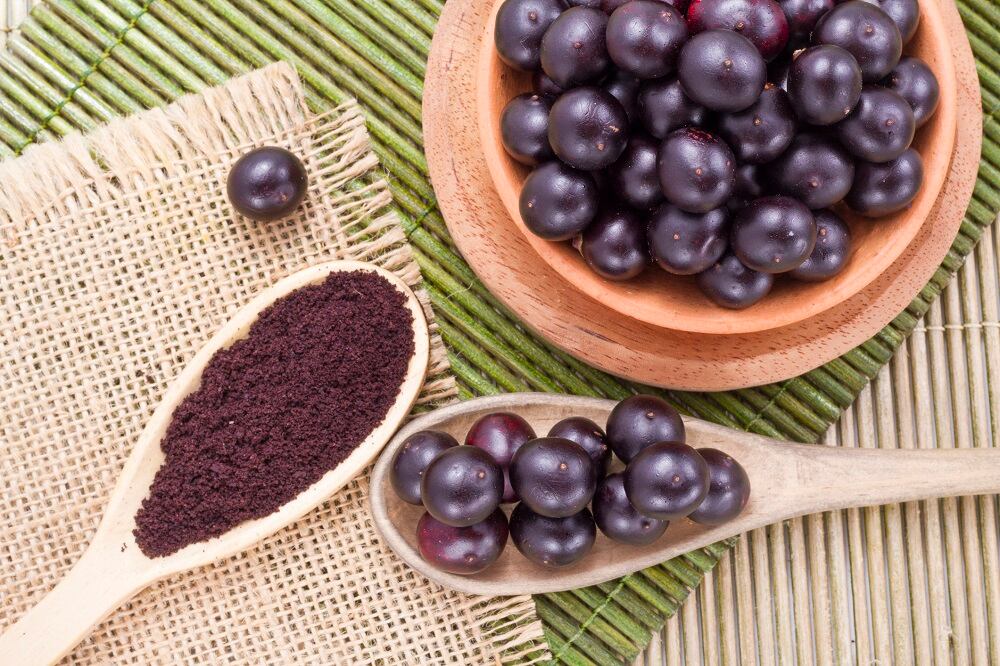Individualized hypoenergetic diets (HD) led to reductions in waist circumference and body mass index, while adding 200 grams per day of açaí berries also led to reductions in 8-isoprostane levels (a biomarker of oxidative stress), compared to no supplementation.
On the other hand, scientists from the Federal University of Rio de Janeiro and Rio de Janeiro State University also reported that there were no differences between the groups for anthropometric, arterial pressure, and lipid profile measures.
“This study showed that the addition of 200 g of açaí (684 mg GAE of phenolic compounds/200 g of pulp) to a HD, during 60 days, reduced oxidative stress and improved inflammatory status in overweight individuals with dyslipidemia,” they wrote in Clinical Nutrition.
“Futures studies, with different doses and/or treatment time should be conducted with the objective of more clearly demonstrating the effects of açaí on obese, dyslipidemic individuals.”
Amazonian superfruit
Açai berries (pronounced ah-sigh-ee) have long formed part of the staple diet of Indian tribes. With the appearance of a purple grape and taste of a tropical berry, the berries have been shown to have powerful antioxidant properties thanks to a high level of anthocyanins.
Açai pulp has been demonstrated to affect cell signaling, enzyme activity, maintenance of the oxidant and antioxidant balance, receptor sensitivity, gene regulation, and reduction in the production of pro-inflammatory cytokines, while restoring or maintaining functional cellular antioxidant status.
Study details
The study included 105 obese people with elevated blood lipid levels. All of the participants were assigned to a hypoenergetic diet, with half randomly assigned to also consume the açaí berries every day for 60 days.
Despite significant dropout rates (which the researchers state is a common issue in calorie-restriction diet studies), the data indicated that all participants experienced significant reductions in body mass and BMI, with additional benefits in the açaí group regarding markers of oxidative stress (8-isoprostanes).
“Açaí is rich in anthocyanins, and these compounds have a high antioxidant capability and act to impede ROS formation via enzyme inhibition or by sequestration of trace elements involved in free radical production, in addition to inhibiting lipid peroxidation,” wrote the researchers.
Source: Clinical Nutrition
Published online ahead of print, doi: 10.1016/j.clnu.2019.06.008
“Effects of a hypoenergetic diet associated with açaí (Euterpe oleracea Mart.) pulp consumption on antioxidant status, oxidative stress and inflammatory biomarkers in overweight, dyslipidemic individuals”
Authors: L. Nicolau Aranha, et al.


